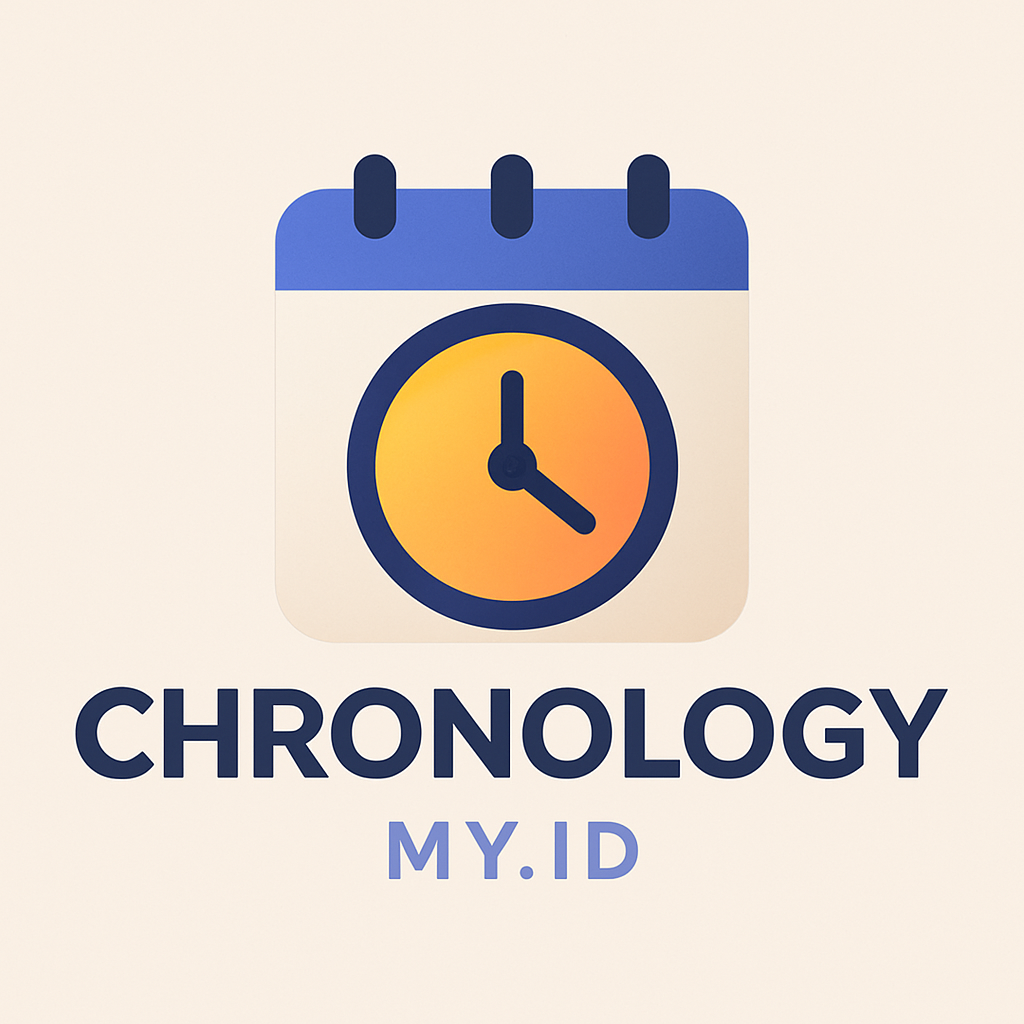Human insurance plays a crucial role in our lives, offering protection and peace of mind in an unpredictable world. From health to life and disability coverage, explore the diverse landscape of human insurance and its significance in modern society.
What is Human Insurance?
Human insurance is a type of insurance that provides financial protection to individuals and their families in the event of unexpected events such as illness, disability, or death. It is designed to help mitigate the financial impact of these events and ensure that loved ones are taken care of during difficult times.
Importance of Human Insurance
Human insurance plays a crucial role in today’s society by providing individuals with peace of mind and financial security. It helps to cover medical expenses, replace lost income, and settle outstanding debts in the event of an unforeseen circumstance. Without human insurance, families can be left vulnerable and financially strained during challenging times.
- Health Insurance: Health insurance policies cover medical expenses such as hospitalization, surgeries, and medication.
- Life Insurance: Life insurance provides financial support to beneficiaries in the event of the policyholder’s death.
- Disability Insurance: Disability insurance offers income replacement if the insured individual becomes disabled and is unable to work.
- Critical Illness Insurance: Critical illness insurance provides a lump sum payment upon diagnosis of a serious illness covered by the policy.
Types of Human Insurance

Insurance plays a crucial role in providing financial protection to individuals in various aspects of their lives. Here are some common types of human insurance:
1. Health Insurance, Human insurance
Health insurance covers medical expenses incurred by individuals due to illness or injury. It typically includes coverage for doctor visits, hospital stays, prescription medications, and preventive care. Some health insurance plans also offer coverage for dental and vision care.
2. Life Insurance
Life insurance provides a financial benefit to the beneficiaries of the policyholder in the event of their death. This benefit can help cover funeral expenses, outstanding debts, and provide financial support to dependents. There are different types of life insurance, including term life and whole life policies.
3. Disability Insurance
Disability insurance offers income protection to individuals who are unable to work due to a disability. It replaces a portion of the individual’s income if they become disabled and are unable to work. Disability insurance can be short-term or long-term, depending on the policy.
4. Long-Term Care Insurance
Long-term care insurance helps cover the costs associated with long-term care services, such as nursing home care, assisted living facilities, and home healthcare. This type of insurance is especially important as individuals age and may require assistance with daily activities.
5. Critical Illness Insurance
Critical illness insurance provides a lump sum payment to the policyholder upon the diagnosis of a serious illness, such as cancer, heart attack, or stroke. This payment can help cover medical expenses, lost income, and other financial burdens resulting from the illness.
Factors to Consider When Choosing Human Insurance:
– Consider your current health status and medical needs.
– Evaluate the coverage provided by different insurance policies.
– Compare premiums, deductibles, and out-of-pocket costs.
– Assess the reputation and financial stability of the insurance company.
– Take into account your long-term financial goals and obligations.
Each type of human insurance offers unique benefits and coverage options, so it’s essential to assess your individual needs and circumstances before choosing the right insurance policy for you.
Human Insurance Providers

When it comes to human insurance, there are several major companies and organizations that offer various types of coverage to individuals. These providers play a crucial role in helping people protect themselves and their loved ones financially in times of need.
Assessment of Risk and Premium Determination
Human insurance providers assess risk by evaluating various factors such as the individual’s age, health status, occupation, lifestyle habits, and medical history. Based on this assessment, they determine the level of risk the person poses and calculate the corresponding premium that needs to be paid for the coverage.
- Insurance companies use actuarial science to analyze data and statistics to predict the likelihood of claims and determine appropriate premium rates.
- Factors such as age, gender, pre-existing medical conditions, and lifestyle choices play a significant role in assessing risk and setting premiums.
- Providers may also offer discounts or incentives for individuals who demonstrate healthy behaviors or participate in wellness programs.
Role of Insurance Agents or Brokers
Insurance agents or brokers act as intermediaries between individuals seeking insurance coverage and the insurance providers. They play a crucial role in helping clients understand their insurance needs, compare different policies, and select the most suitable coverage options.
Insurance agents are licensed professionals who have in-depth knowledge of various insurance products and can provide personalized recommendations based on individual needs and preferences.
- Agents help clients navigate the complex insurance landscape, explain policy terms and conditions, and assist in filing claims when necessary.
- Brokers work with multiple insurance companies and can offer clients a range of options to choose from, ensuring they find the best coverage at competitive rates.
- Insurance agents and brokers are paid through commissions by the insurance companies for the policies they sell, but their primary responsibility is to act in the best interest of their clients.
Human Insurance Claims Process
When it comes to filing a human insurance claim, there are specific steps that need to be followed to ensure a smooth and efficient process. Additionally, understanding the documentation required and common reasons for claim denials can help policyholders navigate the claims process effectively.
Steps in Filing a Human Insurance Claim
- Notify the insurance provider about the claim: Inform the insurance company about the incident or situation that has led to the claim.
- Complete the claim form: Fill out the necessary paperwork provided by the insurance company, ensuring all details are accurate and complete.
- Submit supporting documentation: Provide any relevant documents, such as medical records, police reports, or receipts, to support your claim.
- Cooperate with the investigation: Work closely with the insurance company’s claims adjuster and provide any additional information or clarification as needed.
- Receive a decision: The insurance company will review your claim and provide a decision on whether it is approved or denied.
- Receive payment: If the claim is approved, you will receive the agreed-upon compensation from the insurance company.
Documentation Required for Human Insurance Claims
- Medical records: Reports from healthcare providers detailing the treatment received for the covered condition.
- Proof of loss: Documents such as police reports, repair estimates, or invoices to substantiate the claim.
- Policy information: Details of the insurance policy, including coverage limits and terms.
- Claim form: Completed form provided by the insurance company to initiate the claim process.
Common Reasons for Claim Denials and Prevention
- Insufficient documentation: Ensure all necessary documents are provided to support your claim.
- Policy exclusions: Familiarize yourself with the policy terms and exclusions to avoid claiming for non-covered events.
- Missed deadlines: Submit your claim within the specified timeframe to prevent denial due to late filing.
- Fraudulent claims: Provide truthful and accurate information to avoid denial for fraudulent activity.
Conclusion: Human Insurance

In conclusion, human insurance stands as a vital shield against life’s uncertainties, providing a safety net for individuals and families alike. Embrace the security and reassurance that human insurance brings, ensuring a stable and protected future for all.
FAQ Summary
What factors should individuals consider when choosing human insurance?
Individuals should consider factors such as coverage limits, premiums, deductibles, and the reputation of the insurance provider.
How do insurance providers assess risk for human insurance?
Insurance providers assess risk by evaluating factors such as age, health history, occupation, and lifestyle habits.
What are common reasons for claim denials in human insurance?
Common reasons for claim denials include lack of documentation, pre-existing conditions, and policy exclusions.
